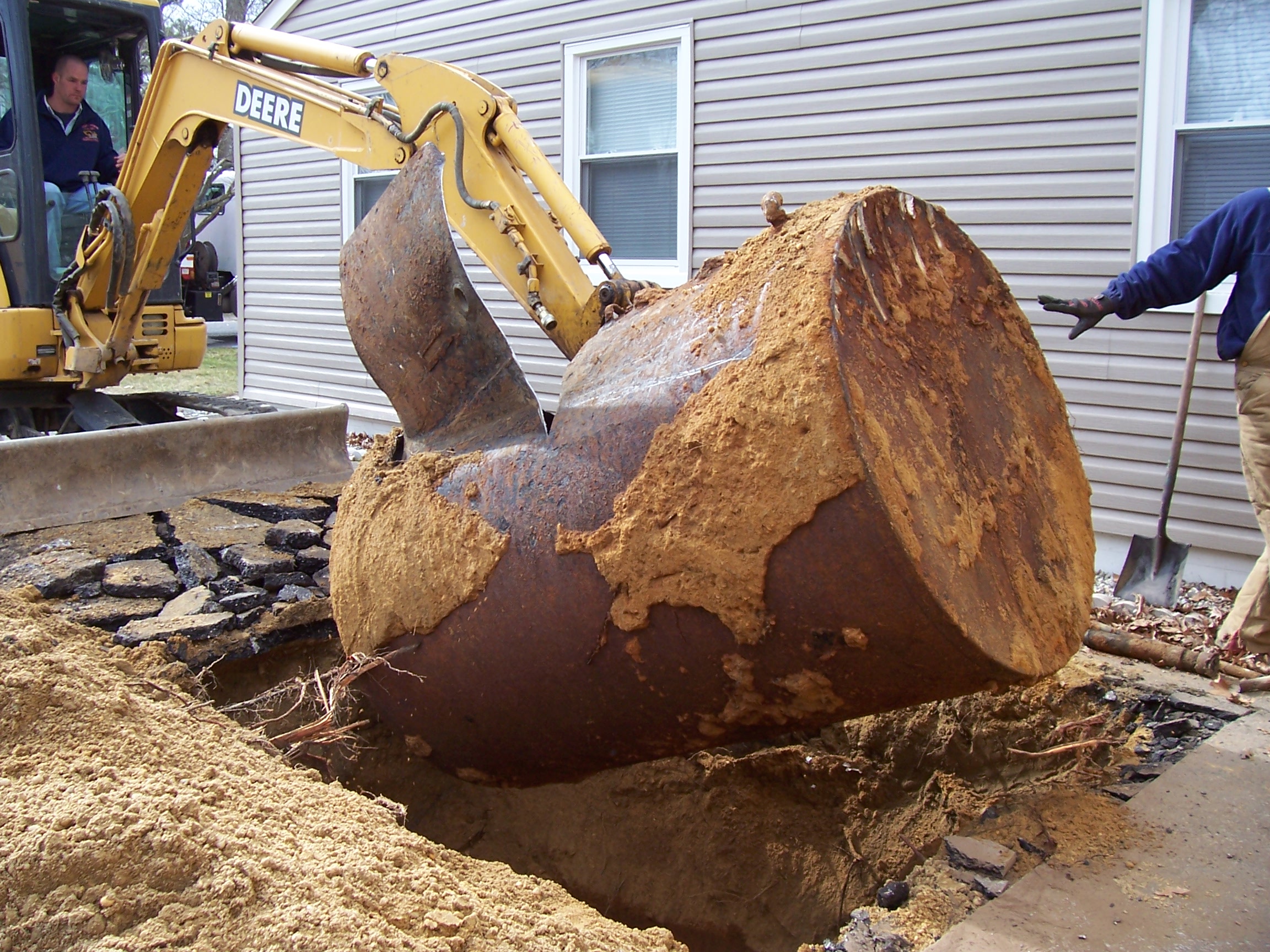The majority of homeowners do not think about the state of their oil tanks yet they’re an essential component of any home’s overall infrastructure. The responsibility for ensuring the security and safety of the heating system as well as the oil storage container falls on the shoulders of area property owners. Inattention to maintenance and eventual replacement of an oil tank could lead to terrible environmental and financial costs.
A tank for oil, if functioning correctly, is an essential part of the heating system in a home. Oil leaks can be costly as well as environmentally harmful. Homeowners must be aware of their oil tanks and change them if they need to.

In Massachusetts, New Hampshire, Rhode Island, and Connecticut, replacing a 275 gallons oil tank costs an average of $3,600. This figure is for oil tanks in basements or outside without accessibility issues. Although the investment might seem important, it’s necessary to ensure safety and security of your home.
Understanding the environmental and financial effects of replacing an oil tank is crucial for homeowners. Neglecting the necessity for replacement can lead to potential leaks from the tank that not only pose an expense for the homeowner but have a detrimental impact on the environmental quality. To reduce these risks homeowners must make it a priority to replace their oil tanks.
Homeowners should be aware of the cost of replacing an oil tank. Knowing the typical cost of replacement will assist homeowners budget accurately for this important expense. Click here Oil tank replacement near me
Finding reliable oil tank replacement solutions near to where you live is crucial. The homeowner must look for experts who are trustworthy and who can provide expert advice. They can also make sure that the process of replacing your tank is simple. It is essential to locate reliable and skilled service providers who will give peace of mind. They can also guarantee that the replacement oil tank will be done effectively and effectively.
To be prepared for the replacement of their oil tank homeowners must equip themselves with the necessary information. Making informed choices requires that you comprehend the key aspects of removing the oil tank which include the cost, the importance of replacing the tank as soon as possible, and the impact it has on safety and the environment.
Planning for budgeting is essential in the event of replacing an oil tank. In order to gain insight into cost of the average and any potential additional expenses, homeowners can prepare a comprehensive budget that addresses every aspect of the replacement project. This strategy allows homeowners to better manage their finances and ensures a smooth transition to a brand new oil tank.
The replacement of your oil tank is not simply a matter of money; it is an investment in the safety and security of your home. By recognizing the importance of timely replacement, homeowners will be able to safeguard their property and environment from the dangers of older or damaged oil tanks.
In the end that, replacing your oil tank is a crucial aspect to ensure a safe and healthy living space. homeowners should prioritize replacing their oil tanks, in order to minimize the environmental and financial dangers caused by neglecting this crucial maintenance task. Through understanding the cost associated with this task, obtaining reliable services, and recognizing the value of this investment, homeowners are able to be sure of the safety and security of their home for years to be.